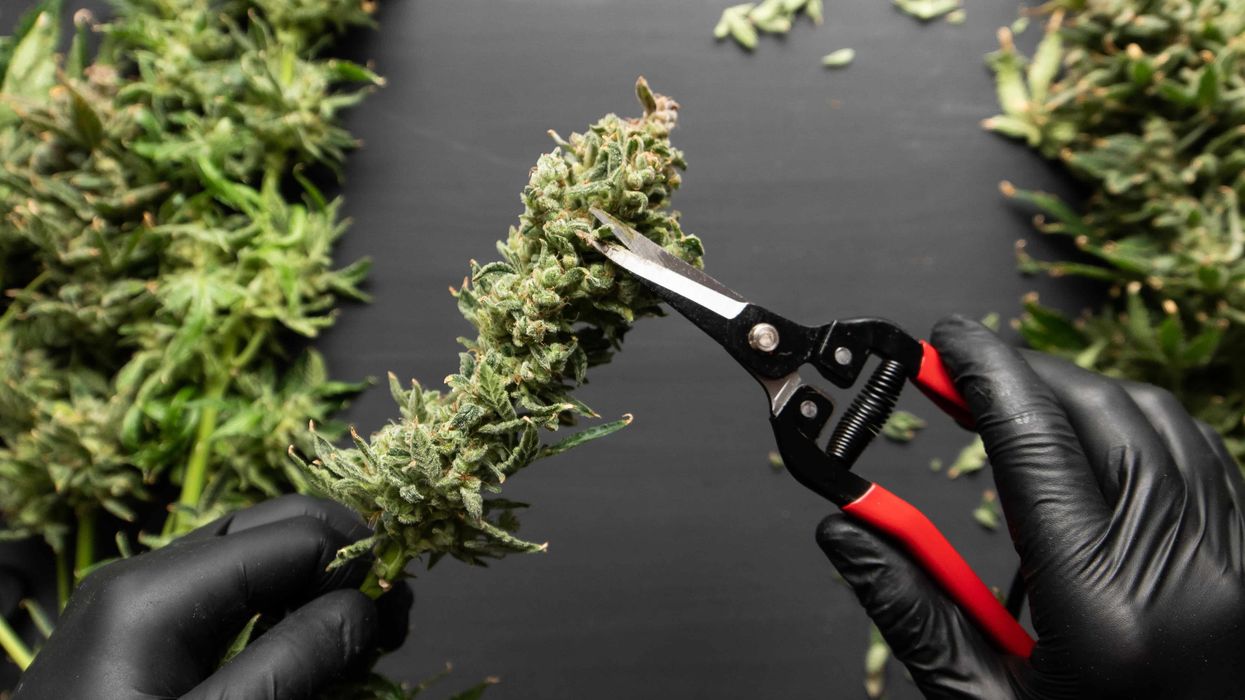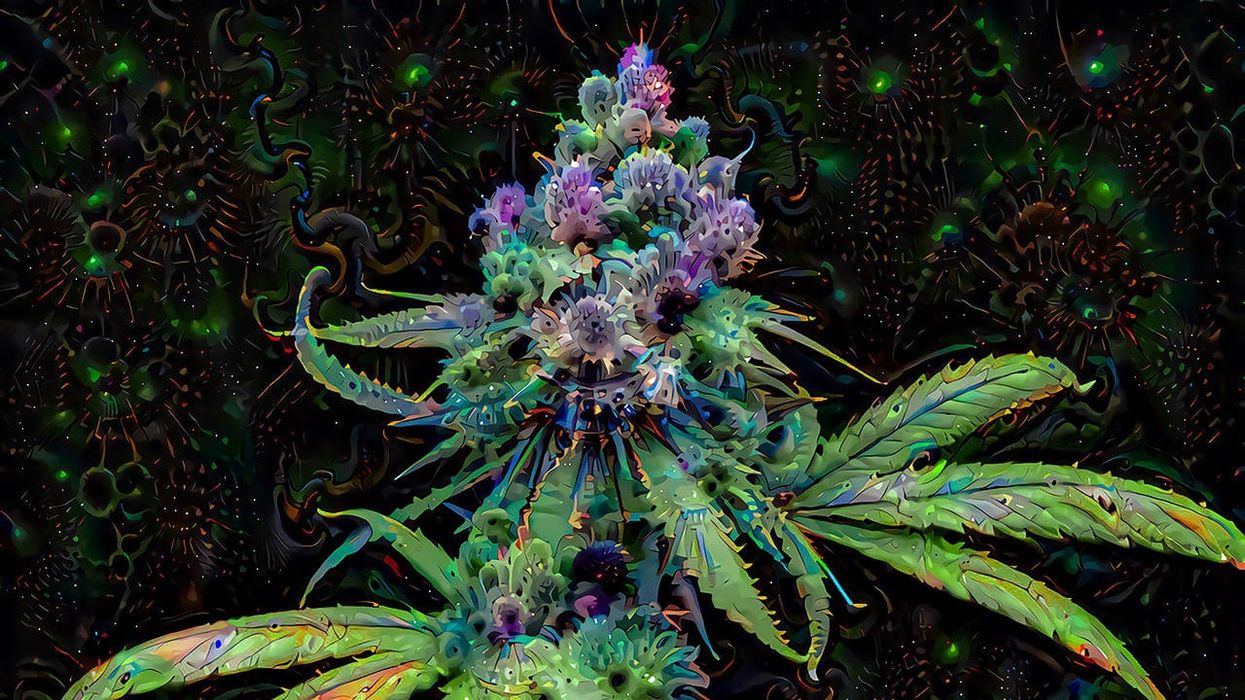People of Color have been disproportionately targeted by law enforcement for several decades, and since the War on Drugs was first re-ignited in 1971, cannabis prohibition has been primary fodder for landing POC – largely Black Americans – behind bars.
Despite the fact that cannabis is well on its way to federal legalization, POC are continuously sidelined from fair opportunities to participate in the industry and instead constantly scrutinized for their involvement. Meanwhile, corporate giants who tend to be (surprise, surprise) white and wealthy are dominating the legal industry, reaping enormous profits from weed.
This glaring gap in justice has resulted in many operators, experts, consumers, and activists shouting at the top of their lungs about the industry’s need for social equity before any further progress is made.
But…WTF is social equity, and how can we achieve it?
WTF is Social Equity in the Cannabis Industry?
The legal cannabis industry is ever-expanding – both on a national and global scale – and while this sounds encouraging, the regulations that accompany most new markets tend to have one thing in common: they use high barriers to entry to cleverly box out legacy operators, who are often POC, from successfully transitioning into the legal market.
This progression acts as a blatant slap in the face to POC legacy operators, who played a major role in establishing the industry and boldly sharing the plant’s benefits before legalization even seemed like a possibility.
The idea behind social equity in cannabis is to ensure People of Color have a fair chance to take a seat at the industry table, however these efforts have largely failed due to weak legislative language and intent, not to mention predatory lenders, the usurping of licenses, and an overall lack of support.
“Having come from the California market, I don’t believe in social equity anymore. I don’t use the term ‘social equity’ anymore. I believe that social equity, in its original intent, was intended to be a good thing. I think it’s been co-opted by white supremacy and is being used to keep us down,” said Christina De La Rosa, co-founder and CEO of social equity organization The People’s Ecosystem.
“I believe that they’ve created social equity across all states as the Hunger Games for People of Color. I think the longer we allow them to continue using social equity as a way to help us when they’re really hurting us…we need to get away from that.”
The People’s Ecosystem is one of the few legacy cannabis companies that successfully transitioned into the legal market, but despite their success, the team faced a fair amount of adversity they’re unafraid to share to help protect others in a similar position.
“There was no pathway for us to come into the legal market. We couldn’t utilize anything we’d made previously in the legacy market as our financials. We couldn’t show that our brand had traction – all of the things a normal company would be able to do,” De La Rosa told The Bluntness.
This is just one example of the ways legacy operators have been held back. Between exorbitant application fees, mind-boggling license requirements, and a confusing and ever-changing landscape around compliance, it’s quite clear who regulators want to see profit from cannabis.
Activists Have Taken The Social Equity Pursuit Into Their Own Hands
Between legacy brands being held back from profiting and the fact that People of Color are still disproportionately targeted for cannabis use and possession throughout the country, social equity starts to feel like an impossible uphill battle that will never truly be achieved, especially when the barriers to entry in cannabis are so high.
However, that hasn’t stopped operators in the space – both legacy and legal – from advocating for justice in the industry, and refusing to be quiet until some real change takes place.
- Last Prisoner Project
Co-founded by brothers and lifelong cannabis activists Steve “The Father of the Legal Cannabis Industry” DeAngelo and Andrew DeAngelo, the Last Prisoner Project opened their doors in 2019, stating they won’t close them until “every last prisoner of the unjust war on drugs, starting with the tens of thousands of individuals imprisoned for cannabis” are freed.
The organization regularly collaborates with other activists and nonprofits in the space, tirelessly working towards their initiative until it is realized. They also strive to help cannabis prisoners find jobs in the industry, once they’re released.
- The People’s Ecosystem
The People’s Ecosystem is another organization fully committed to social equity, claiming to have taken it into their own hands in response to nationwide governments dragging their feet.
“We did not see ourselves reflected in the adult-use cannabis industry, as People of Color, women, queer people, disabled, veterans, formerly incarcerated, and people with chronic illnesses,” said Director of Strategic Initiatives Frederika Easley.
“That’s the heart of it all – preserving the wellness of cannabis culture, and by that I mean the people and communities behind it. This is our ancestral medicine.”
- National Diversity & Inclusion Cannabis Alliance
The National Diversity & Inclusion Cannabis Alliance (NDICA) is a nonprofit organization that pushes for social equity by aligning with thought leaders and experts in the industry to guide legacy operators looking to find their footing.
The team is focused on connection, bringing together government agencies, industry leaders, and activists through forums, expungement clinics, trainings, think tanks, and an engaging online community for networking and general connection.
- Supernova Women
Founded by industry expert Amber Senter, Supernova Women empowers POC to become self-sufficient within the cannabis economy. The nonprofit regularly lobbies for reform and equity, taking to government buildings all over the nation to voice their initiatives.
Supernova Women essentially works to lower the barriers of entry for legacy minority operators through advocacy, education, training, and network building.
Need a little more Bluntness in your life? Subscribe for our newsletter to stay in the loop.


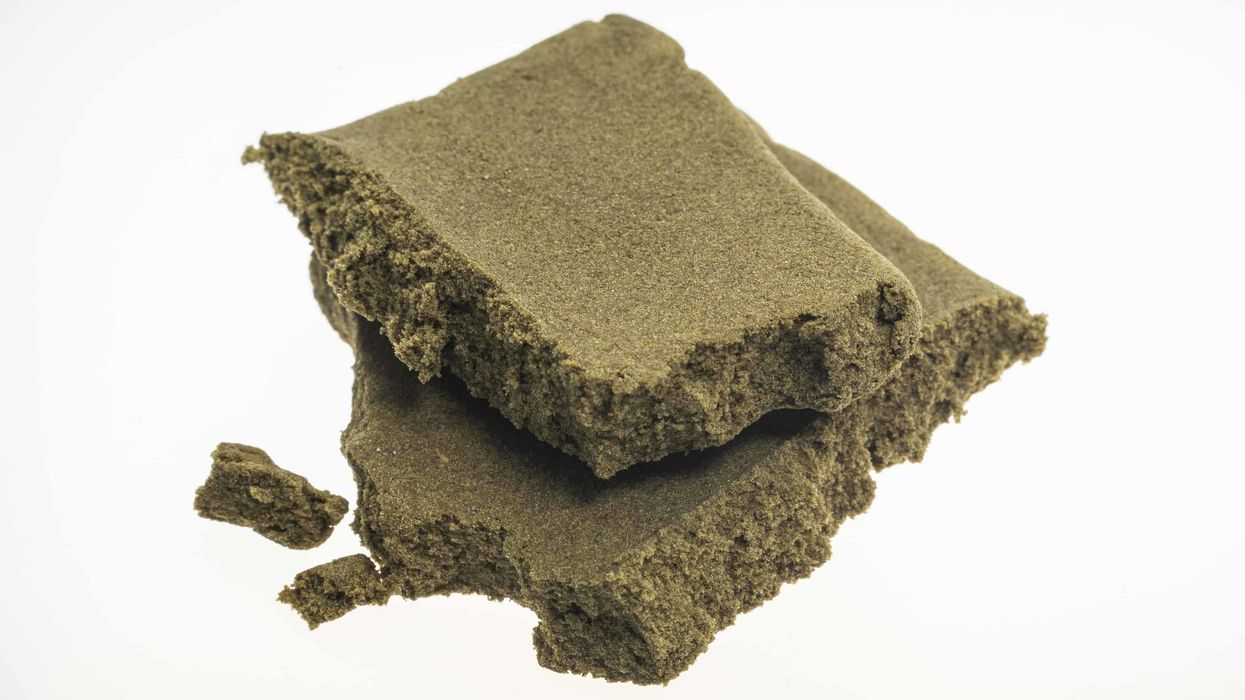





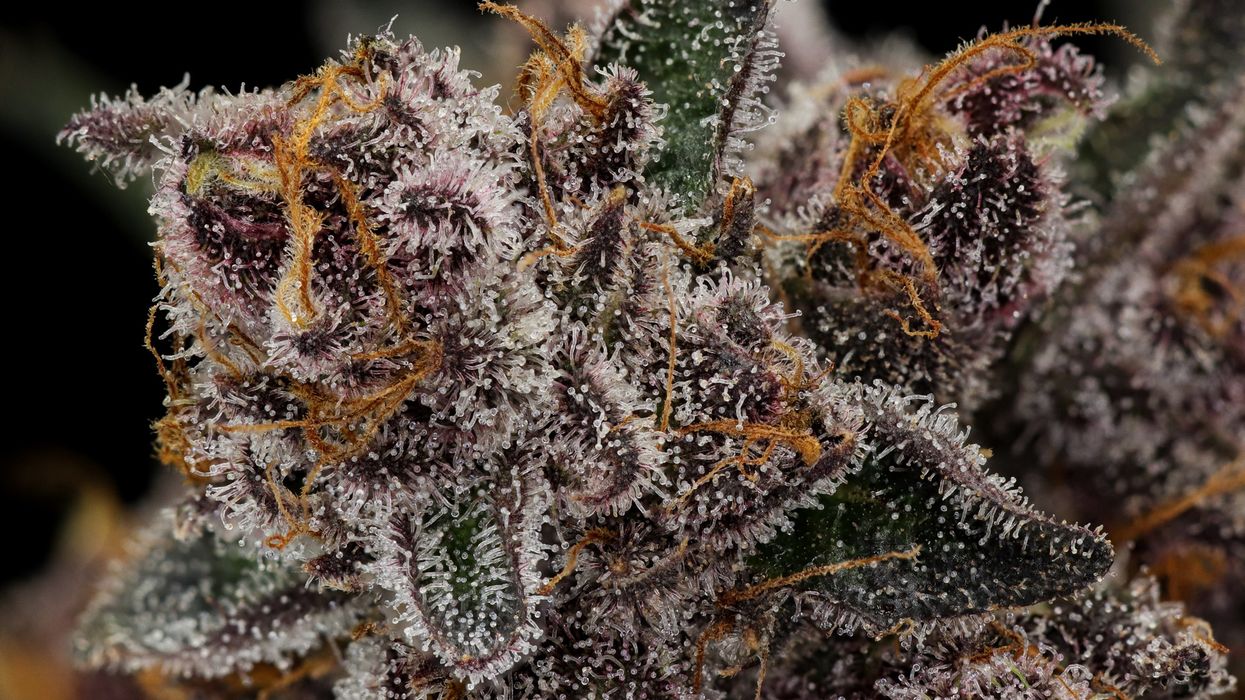





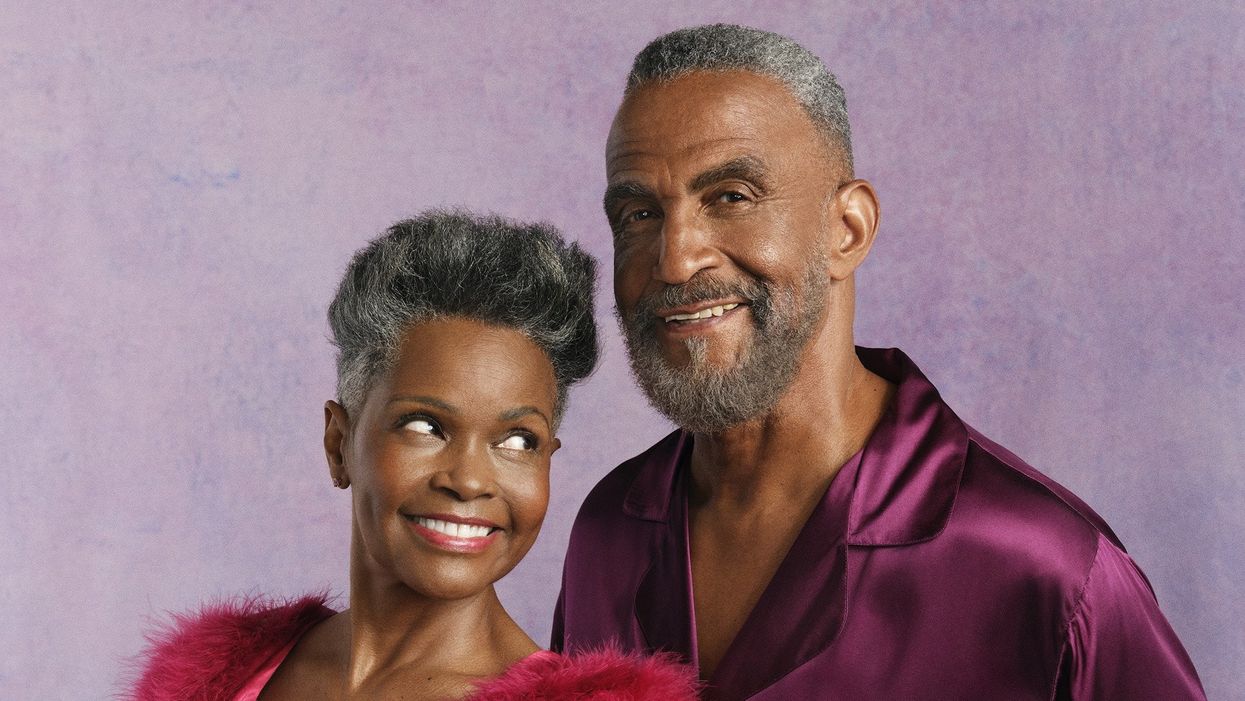
 Aligning cannabis with adult content does little to elevate the perception and acceptance of cannabis as a legitimate, respectable industry.
Aligning cannabis with adult content does little to elevate the perception and acceptance of cannabis as a legitimate, respectable industry. Aligning cannabis with adult content does little to elevate the perception and acceptance of cannabis as a legitimate, respectable industry.
Aligning cannabis with adult content does little to elevate the perception and acceptance of cannabis as a legitimate, respectable industry.